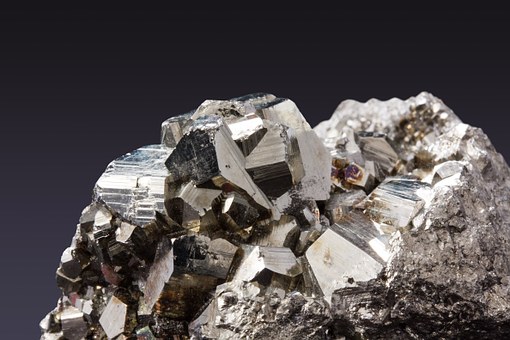Gut microbes play a big part in iron balance.
Quick review: As a component of hemoglobin, myoglobin and various enzymes, iron status is vital to health. Deficiency leads to anemia, and excess can increase oxidative stress and insulin resistance.
Gut microbiota interactions with iron
- Gut microbiota increases the availability of dietary iron to the host.
- Energy acquisition by bacteria hinges on iron.
- Iron deficiency can cause bacterial translocation and low diversity.
- Correct iron intestinal levels reduce colonization and virulence of pathogens.
Probiotics and iron
Probiotic supplementation can benefit the host’s iron status.
One new study from Poland looked at the effects of oral multispecies probiotic supplementation in two doses on iron status in rats. The resulting paper was published in Biological Trace Element Research in 2019.
Thirty rats were randomly assigned to three equal number groups: a control group (KK), a group receiving low doses of probiotics (PA), and a group receiving high doses of probiotics (PB). The experimental period was 6 weeks.
Nine probiotic bacterial strains of various Bifidobacterium and Lactobacillus in equal proportions were used.
Results
- Higher duodenal iron levels in both groups that received probiotics, compared to the controls, which indicate higher duodenal iron absorption in these groups. This demonstrates the ability of probiotics to increase iron bioavailability.
- Raised liver iron content as a result of probiotic supplementation in the higher of the two doses, compared to controls.
- Multistrain probiotics induced a dose-independent iron shift from serum and intensified pancreatic and liver iron uptake.
- Alterations in copper and zinc status, especially in the heart, pancreas, and testicles.
Takeaway
In optimum health, trace element levels such as iron are uniquely calibrated for many duties. This study shows that probiotic supplements benefit that fragile equation.

